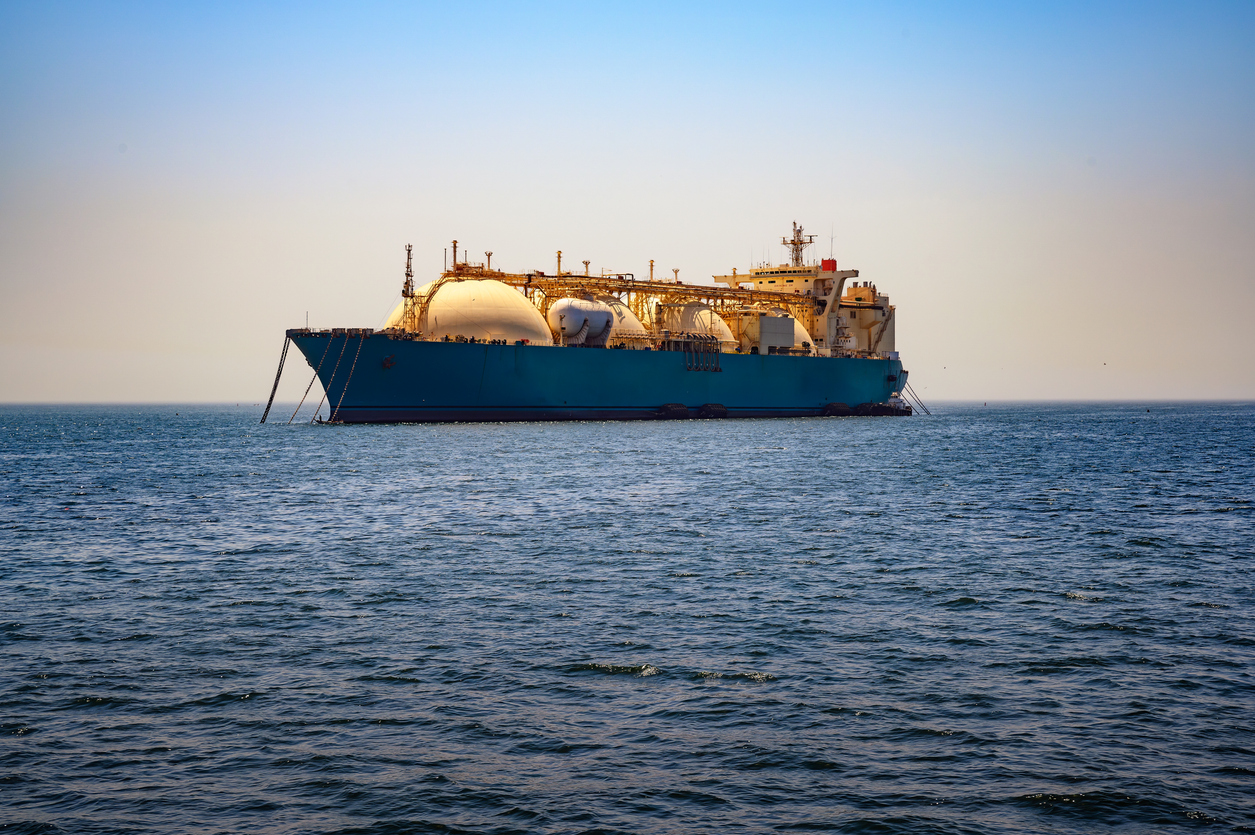The Maritime Supply Chain in Nigeria: A Key Driver of Trade and Economic Growth
The maritime supply chain is the backbone of Nigeria’s trade and logistics sector, facilitating the movement of goods domestically and internationally. As one of Africa’s largest economies, Nigeria relies on its maritime supply chain to support industries such as oil and gas, agriculture, and manufacturing. Efficient supply chain operations are critical to ensuring that imports and exports flow smoothly through Nigeria’s ports and beyond.
In this article, we explore the components of Nigeria’s maritime supply chain, its challenges, opportunities, and how Wigmore Trading supports businesses in optimizing supply chain operations.
What is the Maritime Supply Chain?
The maritime supply chain encompasses all processes involved in the movement of goods via sea, including:
- Transportation of cargo by ships.
- Port operations and cargo handling.
- Customs clearance and regulatory compliance.
- Warehousing and storage.
- Inland distribution to final destinations.
Key Players in Nigeria’s Maritime Supply Chain
- Shipowners and Operators: Provide vessels for transporting goods.
- Port Authorities: Manage port infrastructure and oversee cargo handling.
- Freight Forwarders: Coordinate the logistics of shipping goods.
- Customs and Regulatory Bodies: Ensure compliance with import/export laws.
- Logistics Companies: Handle warehousing, transportation, and last-mile delivery.
Components of Nigeria’s Maritime Supply Chain
1. Ports and Terminals
Nigeria’s ports are the entry and exit points for goods. Major ports include:
- Apapa Port: Handles containerized and general cargo, located in Lagos.
- Tin Can Island Port: Specializes in bulk and vehicle imports.
- Onne Port: Supports oil and gas operations in the Niger Delta.
- Calabar and Port Harcourt Ports: Serve regional markets and industries.
2. Cargo Transportation
Cargo is transported via various vessel types, including:
- Container ships for consumer goods.
- Bulk carriers for commodities like cement and grains.
- Tankers for oil and LNG exports.
3. Customs and Regulatory Compliance
Customs clearance is a critical step, requiring documentation such as bills of lading, packing lists, and certificates of origin. The Nigerian Customs Service (NCS) ensures goods comply with trade regulations and collects duties.
4. Warehousing and Storage
Goods are stored in warehouses near ports or inland distribution hubs, awaiting transportation to final destinations.
5. Inland Transportation
The movement of goods from ports to warehouses, factories, or retail outlets involves road, rail, and inland waterways.
Challenges in Nigeria’s Maritime Supply Chain
1. Port Congestion
High cargo volumes and limited port infrastructure lead to delays and increased costs.
2. Infrastructure Deficits
Aging facilities, poor road networks, and insufficient rail connectivity hinder efficient cargo movement.
3. Regulatory Bottlenecks
Complex customs procedures and inconsistent trade policies create inefficiencies.
4. Security Risks
Piracy in the Gulf of Guinea and cargo theft during inland transportation pose significant challenges.
5. High Logistics Costs
Delays, inefficiencies, and unofficial fees contribute to elevated shipping and logistics costs.
Opportunities for Optimizing Nigeria’s Maritime Supply Chain
1. Infrastructure Development
Investments in modernizing ports, roads, and rail networks can improve efficiency and reduce bottlenecks.
2. Technology Adoption
Digital platforms for cargo tracking, customs processing, and port management can enhance transparency and speed.
3. Regional Trade Growth
The African Continental Free Trade Area (AfCFTA) presents opportunities for increased trade within Africa, requiring robust supply chains.
4. Green Supply Chain Initiatives
Sustainable practices, such as energy-efficient port operations and eco-friendly transportation, align with global trends.
How Wigmore Trading Supports the Maritime Supply Chain in Nigeria
Wigmore Trading provides comprehensive solutions to address the complexities of Nigeria’s maritime supply chain. Here’s how we help:
1. Freight Forwarding and Logistics
We manage end-to-end shipping operations, ensuring efficient cargo movement from ports to final destinations.
2. Customs Clearance Expertise
Our team handles regulatory compliance, reducing delays and ensuring smooth import/export processes.
3. Warehousing and Distribution
We offer secure storage facilities and coordinate last-mile delivery to meet your business needs.
4. Technology Integration
Wigmore Trading utilizes advanced tracking systems and digital tools to provide real-time updates and enhance supply chain visibility.
5. Risk Management
We work with security partners to mitigate risks such as piracy and cargo theft, ensuring the safe transport of goods.
Conclusion
Nigeria’s maritime supply chain is a vital enabler of trade and economic growth, supporting key sectors such as oil and gas, agriculture, and manufacturing. While challenges like port congestion and regulatory hurdles persist, opportunities for growth through infrastructure development and technology adoption are immense.
For businesses navigating Nigeria’s maritime landscape, Wigmore Trading offers expert logistics solutions to optimize supply chain operations. Contact us today to learn how we can support your shipping and trade needs.








Comments are closed.